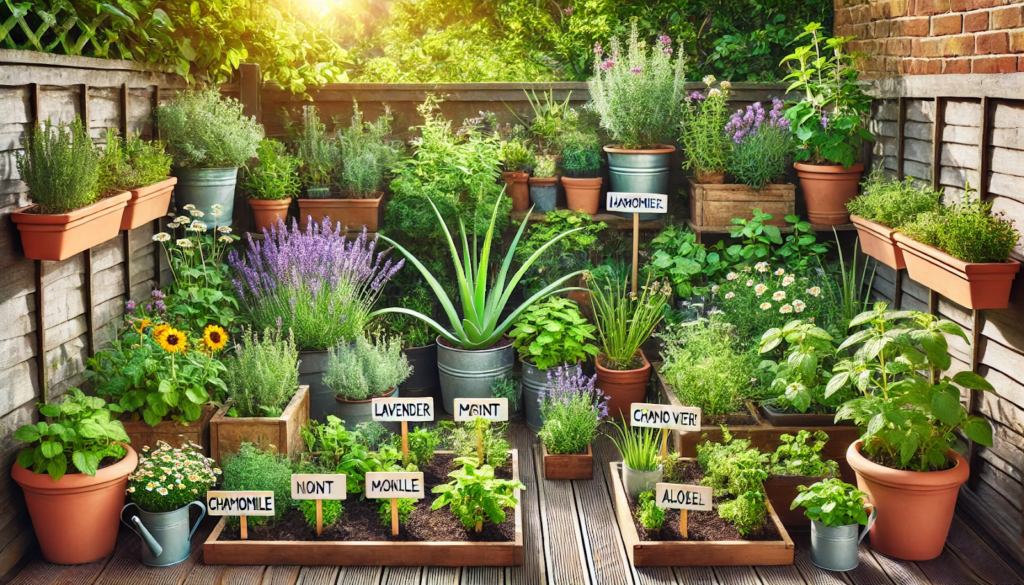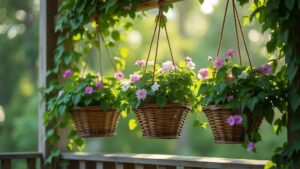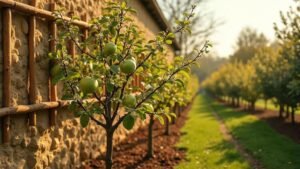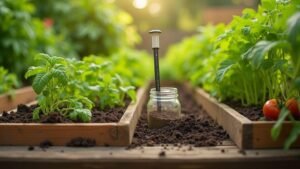Medicinal plants have been used for centuries to treat everyday ailments, boost immunity, and support natural wellness. Growing them at home not only gives you access to fresh remedies—it also connects you with traditional healing practices and promotes self-reliance.
Here’s a guide to the most useful medicinal plants you can grow at home, whether you have a backyard garden or just a sunny windowsill.
1. Why Grow Medicinal Plants?
- Access fresh, organic remedies anytime
- Reduce reliance on over-the-counter medicine
- Save money on herbal teas, balms, and supplements
- Encourage a more natural, holistic lifestyle
- Connect with plants on a therapeutic level
They’re beautiful, fragrant, and powerful additions to any garden.
2. Lavender (Lavandula spp.)
Medicinal Uses:
- Calms anxiety and stress
- Helps with insomnia and headaches
- Antibacterial for minor cuts and burns
How to Grow:
- Full sun and well-draining soil
- Drought-tolerant once established
- Use dried flowers for tea, sachets, or infused oils
3. Mint (Mentha spp.)
Medicinal Uses:
- Eases digestion and gas
- Relieves nausea
- Freshens breath and soothes sore throats
How to Grow:
- Prefers partial sun and moist soil
- Spreads aggressively—grow in pots
- Use in teas, tinctures, or fresh chewing
4. Aloe Vera
Medicinal Uses:
- Soothes sunburns and skin irritations
- Heals minor cuts
- May support digestion (only inner gel, in moderation)
How to Grow:
- Needs bright light and sandy, well-drained soil
- Drought-resistant
- Cut leaves as needed and use gel fresh
5. Chamomile (Matricaria chamomilla)
Medicinal Uses:
- Promotes relaxation and sleep
- Calms upset stomachs
- Reduces inflammation
How to Grow:
- Full sun, light soil
- Can be grown in pots
- Harvest flowers and dry for tea
6. Lemon Balm (Melissa officinalis)
Medicinal Uses:
- Reduces anxiety and restlessness
- Antiviral (especially for cold sores)
- Mild sedative and digestive aid
How to Grow:
- Easy to grow in containers
- Partial shade or sun
- Fresh or dried leaves make great tea
7. Calendula (Calendula officinalis)
Medicinal Uses:
- Skin healing for rashes, wounds, and eczema
- Anti-inflammatory and antifungal
- Great for salves and infused oils
How to Grow:
- Full sun
- Annual that self-seeds easily
- Harvest flowers for topical use
8. Echinacea (Echinacea purpurea)
Medicinal Uses:
- Immune booster
- Helps prevent or reduce duration of colds
- Anti-inflammatory
How to Grow:
- Full sun and well-drained soil
- Perennial in many climates
- Use roots and flowers in tinctures or teas
9. Thyme (Thymus vulgaris)
Medicinal Uses:
- Antiseptic and antimicrobial
- Used in cough syrups and steam inhalation
- Supports respiratory health
How to Grow:
- Full sun, well-drained soil
- Compact and hardy
- Harvest sprigs for culinary and medicinal use
10. Holy Basil (Tulsi)
Medicinal Uses:
- Adaptogen for stress
- Balances mood and energy
- Supports immune function
How to Grow:
- Warm, sunny location
- Water regularly, harvest often
- Use fresh or dried in teas and tinctures
Tips for Using Medicinal Plants Safely
- Research each plant and consult your doctor, especially if pregnant or taking medications
- Start small with teas and salves
- Harvest at the right time for potency
- Store dried herbs in cool, dark places
- Always identify plants properly before use
Conclusion: Grow Your Own Green Medicine
A home medicinal garden brings the healing power of plants into your daily life. These herbs and botanicals are easy to grow, versatile in use, and deeply rewarding to care for. Whether you sip chamomile tea at night or apply aloe to a sunburn, nature offers remedies right at your fingertips.
Let your garden be your apothecary.






